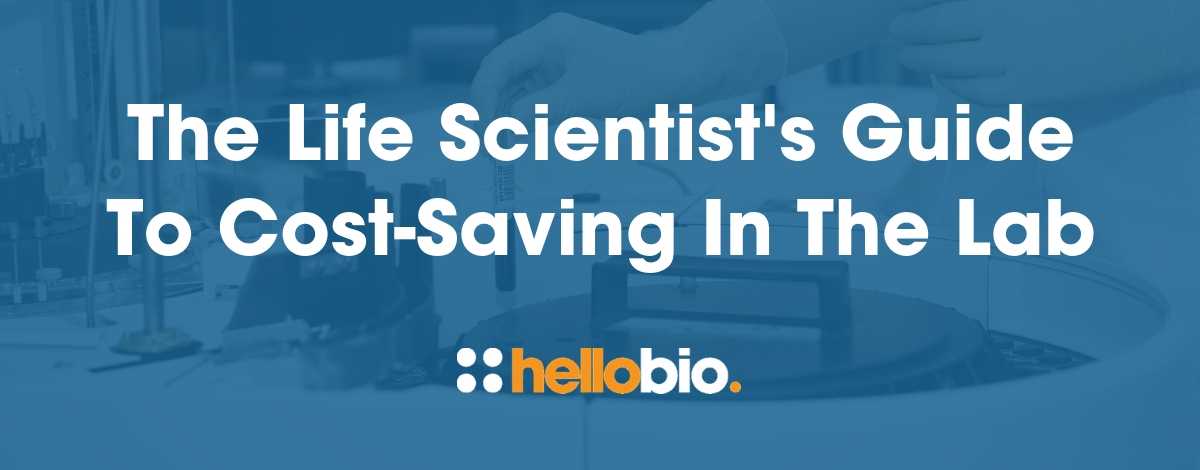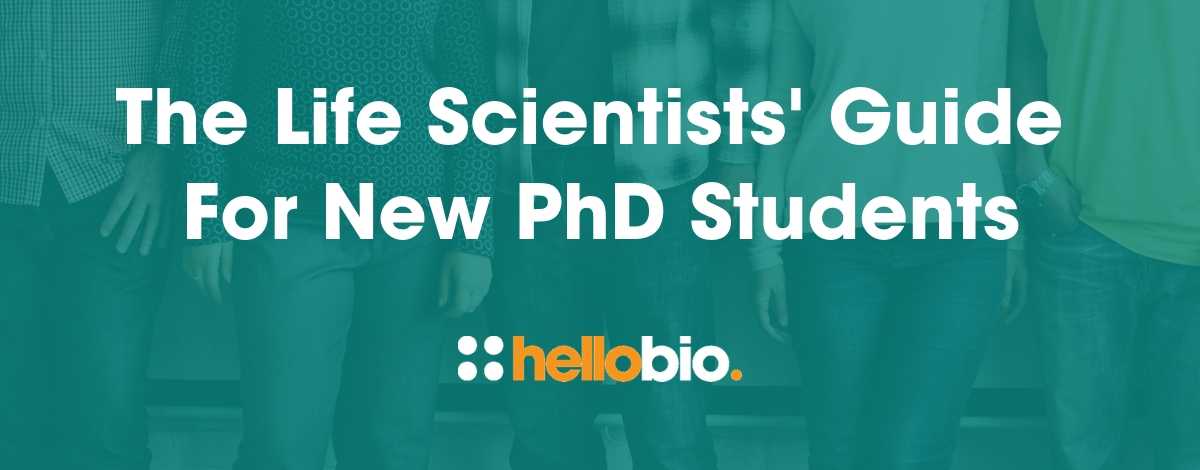Travel Award Winner Aaron Scott
Aaron Scott is a PhD student at Bristol University, studying extracellular vesicle biology in Rebecca Richardson's lab in the Physiology, Pharmacology and Neuroscience Department. The award will help to fund his trip to the International Society for Extracellular Vesicles Annual Meeting in Kyoto, Japan.
I am incredibly grateful for this support – attending international conferences would not be possible for the vast majority of students, if not for extra support from societies and companies like Hello Bio! Aaron Scott, University of Bristol, Hello Bio travel award winner
Congratulations Aaron. First, can you tell us a bit more about what you're working on at the moment?
My research aims to develop our understanding of extracellular vesicle (EV) biology, specifically looking at their trafficking in response to cardiac injury. Exosomes (30 - 120 nm) and microvesicles (120 - 1000 nm) are EVs released from the plasma membrane of cells that can carry nucleic acids (particularly microRNAs), proteins and lipids. EVs protect their molecular cargo from degradation, allowing for a complex cargo to be transported both locally and systemically, eliciting functional responses in targeted recipient cells. EVs are emerging as vital mediators in cell-cell communication and have potential as biomarkers and as novel therapeutic delivery vehicles, but our knowledge of in vivo EV trafficking under homeostatic conditions and during cardiovascular disease remains poor. We are working to develop zebrafish models to investigate cardiovascular EV trafficking in vivo.
What is it about your field of research that gets you most excited?
The idea that cells are communicating with one another is just amazing to me, I mean cell biology is amazing in and of itself, but when you add in the fact that they need to speak to one another – what are they saying? how are they saying it? It’s like an alien universe inside of us that needs exploring!
Which scientists working today do you most admire, and why?
Yoshinori Ohsumi, he committed the time and energy needed to make real progress in a field that was relatively obscure and certainly wasn’t ‘sexy science’ when he started. Now it’s a well-funded and fundamental pillar in cell biology.
What do you think are the biggest challenges currently facing life scientists and their work?
To turn all the bricks into beautiful houses. A mass of data does not necessarily make beautiful science.
The antiquated funding and publishing structures need to be completely overhauled, as they give space for all that’s is wrong with science to fester. It’s great to see pioneering scientists lead the way, with social media providing a platform for this to happen more effectively.
What’s your favorite science quote?
“I think one of the things about creativity is not to be afraid of saying the wrong thing.” Sydney Brenner
________________________________
Thank you Aaron - we hope you enjoy Japan!
You can follow Aaron on Twiitter @AaronJonScott
Click here to read about our past winners or why not apply for the grant yourself?
________________________________
If you enjoyed reading this interview, why not check out the other resources available on our blog. One of the things we’re most passionate about is supporting early career life scientists and PhD students. We know how tough it is - so we hope you find these helpful!
Advice & guidance for life scientists
Click below to view our of essential guides and articles includes to support life scientists, PhD students & early career life scientists:
Travel grants
Every month we give away $500 to PhD students and Postdocs so that they can attend a scientific conference - click below to find out more:
Wellbeing for scientists
Click below for our resources to help improve your wellbeing:
Technical resources
Try our Molarity Calculator: a quick and easy way to calculate the mass, volume or concentration required for making a solution.
Try our Dilution Calculator: an easy way to work out how to dilute stock solutions of known concentrations
Click below to see our Mini-reviews, Pathway Posters & Product Guides: a set of technical resources to answer your questions on a wide range of topics and to help you get started quickly.
And - when you get to the stage of planning your experiments, don't forget that we offer a range of agonists, antagonists, inhibitors, activators, antibodies and fluorescent tools at up to half the price of other suppliers - click below to see how we compare with other suppliers:
Advice from your fellow scientists
Click below to read advice from other scientists:






















